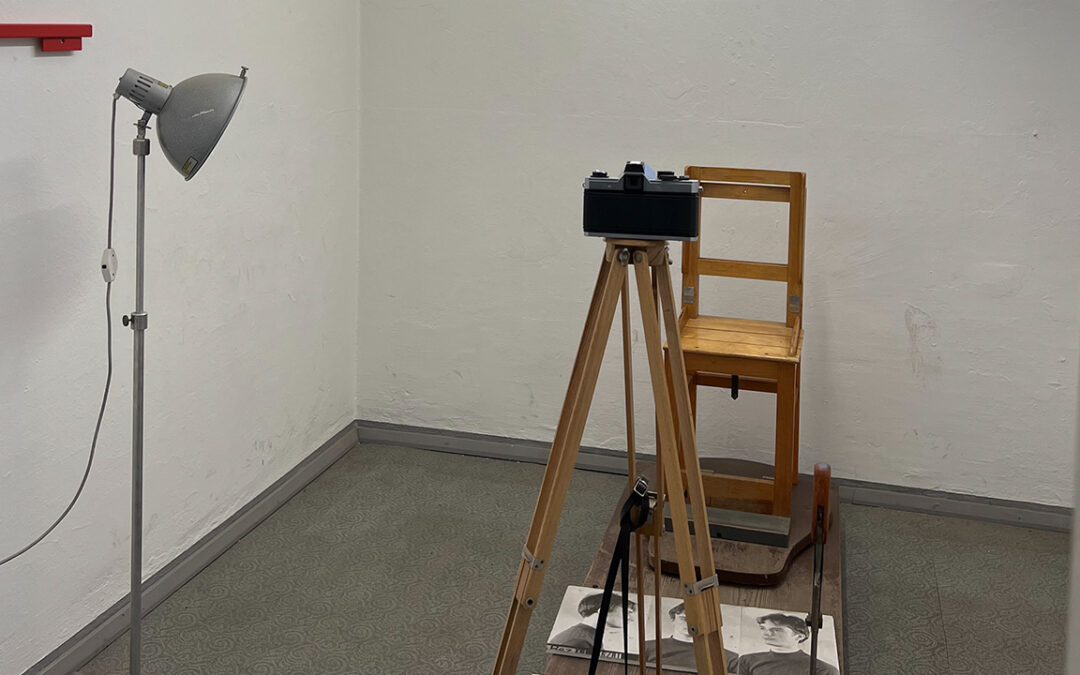Last month I took a trip because I wanted to “feel” what it was like to live in WWII Germany and the Soviet Cold War occupation in Czechoslovakia and Poland.
I already knew the dates, places and times from textbooks, but it’s quite different to experience what it was like to have lived during those times.
Of course the trip would come alive in museums and, unexpectedly, it brought back for me a long lost feeling I had years ago when I was just a young boy. I had gotten lost off shore in Buzzards Bay in a small motorboat that was running out of gas on an outgoing tide in thick predawn fog.
It is odd how we learn through memories and association.
How odd that museums, which were about imprisonment, brought back the feeling of drifting out to sea, creating an odd claustrophobia without barriers other than an endless borderless fog.
The claustrophobia slowly kicked in when I visited Checkpoint Charlie, the famous heavily guarded passthrough in the Berlin Wall, which kept the East Germans imprisoned inside.
It started with a set of pictures of a boy who had scrambled to climb the wall in an effort to live in freedom, but the photos chronicled how he had died riddled with bullets, hanging from barbed razor wire near the top of the wall.
How odd that I could feel claustrophobic under wide-open skies?
A few days later, the claustrophobia increased in one of the East German museums that focused on the Nazi SS and their little gray bread trucks. These had no windows, just a sliding door on one side and three closet-sized cells so small that prisoners could not stand but only sit in a narrow chair, hands by their sides, while they were taken to a concentration camp somewhere outside of Berlin.
A few days later as we traveled toward Prague, we stopped at another prison that was three or four stories high with interrogation cells on the top floor. The inmates who would not answer were showed pictures of their family who would be killed if they continued to resist.
Putin had spent six months in the house across the street when he was in Soviet intelligence, attempting to flip the tortured inmates to become Soviet spies.
The claustrophobia wrapped around me in that silent building when I realized what it must have felt like day and night in there. It was missing the noise of slamming cell doors, the echoing screams and the smell of the single bucket in the corner, which acted as a bathroom in each cramped cell, with three to a single bed and no mattress.
I know now why the feeling I had on this trip was claustrophobic but I thought it was still an odd reaction to the history of the past until I realized I had lived my whole life free in a democracy.
All of a sudden, I felt imprisonment under borderless wide open skies as a psychological imprisonment which became unbearable.
All of a sudden, I could feel the last breath of the boy crucified and bleeding from razor wire on the top of a Berlin Wall as a reaction to my claustrophobia and his death.
Years ago, as I slowly ran out of gas in my little boat, I saw the outline of a cliff as the late morning fog broke. There were connected ladders and a climbing set of stairs. I beached the boat and climbed to the top of the cliff and knocked on the door of a little cottage overlooking the ocean.
A woman with the Sunday newspaper tucked under her arm answered the door. I breathlessly asked, “Where am I?” She looked at me quizzically and answered “Menemsha,” then paused, “Martha’s Vineyard,” and then paused again… “The United States of America.”
I remember feeling happy and alive.

